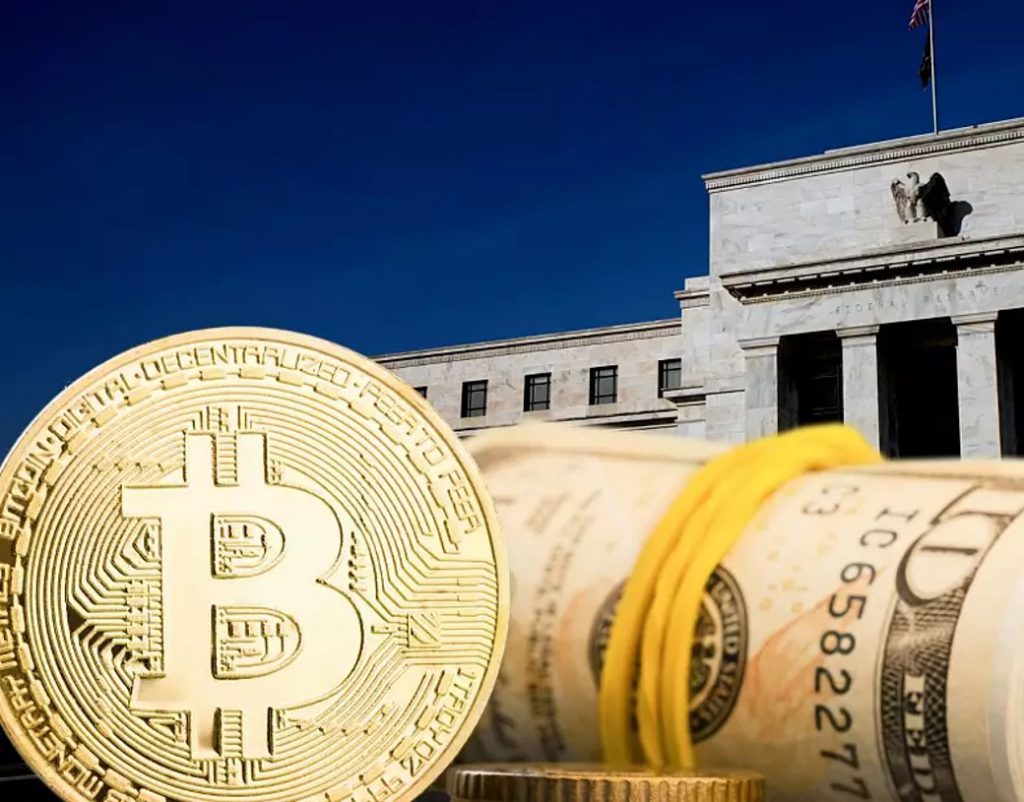Bitcoin reserves have recently become a key topic in global finance, with events in Hong Kong and the United States sparking much debate.
Following former U.S. President Donald Trump’s support, a Hong Kong lawmaker’s plan to include Bitcoin in the region’s financial reserves has caught the eye of both the cryptocurrency community and traditional economic sectors.
This article references data from the Crypto Markets Q3 2024 report by Coinbase Institutional and Glassnode.
Also Read: Currency: Why Trump’s US Dollar Devaluation Plan Might Be A Bust?
Bitcoin Reserves: Insights from Hong Kong and Trump


Hong Kong’s Consideration of Bitcoin Reserves
Hong Kong Legislative Council member Johnny Ng has promised to start talks about adding Bitcoin to the region’s financial reserves.
Trump announced plans to establish a ‘strategic Bitcoin reserve’ if he wins re-election during his recent speech at the Bitcoin 2024 conference.
Ng supports Bitcoin because it’s gaining global acceptance as “digital gold.” This move could greatly affect Hong Kong’s finances and make it a crypto leader.
Trump’s Influence on Bitcoin Adoption
Trump’s support of Bitcoin has shaken up the financial world. If carried out, his promise to set up a strategic Bitcoin reserve could significantly change U.S. monetary policy.
This action has prompted global discussions about the role of cryptocurrencies in national economic strategies.
Also Read: Analyst Predicts Gold Price If Donald Trump Becomes President
Potential Benefits of Bitcoin Reserves
Supporters see adding Bitcoin reserves as a way to protect against inflation and diversify national assets. Bitcoin’s perceived value storage traits have led some experts to suggest it could serve as a digital version of gold in national reserves.
Economists and policymakers alike closely study the potential for BTC reserves to reshape financial strategies.
Economic Stability and Growth
Bitcoin supporters say it could boost economies as a reserve asset. They claim its decentralized nature protects it from political issues and currency manipulation that affect other reserves.
Challenges and Considerations
Adding BTC to national reserves brings challenges. Key issues include:
- Bitcoin’s price volatility
- Risk management for crypto investments
Planning carefully is key for BTC reserves. Leaders should weigh Bitcoin’s pros and cons before using it in national funds.
They need to carefully consider the potential upsides and downsides of cryptocurrency investments for their country’s financial strategy.
What Are the Global Implications of Bitcoin Reserves?
Significant economies’ use of BTC reserves could trigger a shift in global money policies. This might affect international trade patterns and speed up the wider adoption of cryptocurrencies.
Countries are watching these developments closely and considering their strategies in response to this emerging financial trend.
Also Read: Hong Kong Bitcoin ETFs Predicted to Hit $1B AUM in 2024
In conclusion, a Hong Kong lawmaker’s push for BTC reserves and Trump’s support marks a big moment in cryptocurrency’s journey towards mainstream financial acceptance.
As more countries consider similar moves, the global financial landscape may be on the verge of a major change. The idea of Bitcoin reserves continues to gain ground, prompting a rethinking of traditional financial strategies in the digital age.
Readers are encouraged to check the full Crypto Markets Q3 2024 report on the Coinbase Institutional website for more detailed information and analysis.





